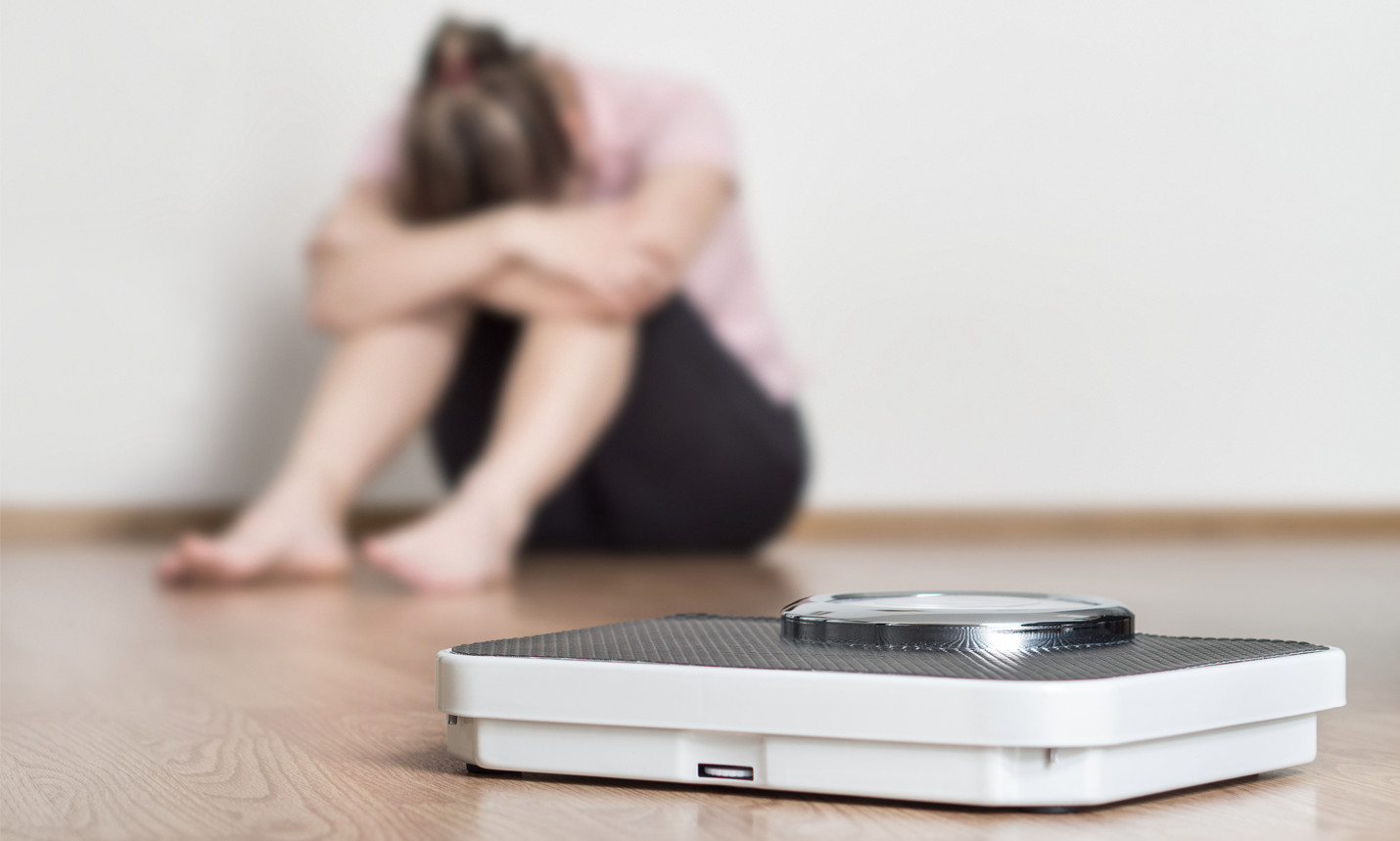Are Diet Drinks Helping You Lose Weight?

Many diet drinks have zero calories. Because of their lack of caloric content, many people view them as an essential part of a weight loss plan. It seems they can enjoy their favorite carbonated beverages without the guilt-inducing sugar content. While diet drinks may have fewer calories than full-fat alternatives, that doesn’t mean they help people lose weight. Indeed, they may actually be an unhealthy choice for people looking to drop a few pounds.
Why Don’t Diet Drinks Have Any Calories?
Most of the calories found in sodas and other sweet beverages are due to sugar content. To get rid of this high-calorie sugar content, companies load their fizzy beverages with sugar substitutes like aspartame and sucralose. This lowers the caloric level but packs them full of alternative consequences.
The Science Behind Artificial Sweeteners
When people drink sugar-laden beverages, they are usually consuming more sugar than their body really needs. When the body ingests real sugar, however, it is able to accurately assess the sugar’s caloric content. When the body has had too much sugar, it knows, and sends signals to the brain that say, “That’s enough!” The body doesn’t know how to react to artificial sugars, however. When a person ingests aspartame or sucralose, it registers sweetness but can’t assess the caloric content. This throws the body’s regulating systems into a state of confusion. The body prepares for a calorie deficit and expects to ingest more calories than are necessary. By throwing off the body’s ability to count calories, artificial sweeteners can actually lead to overeating.
The Side Effects of Artificial Sweeteners
Overeating and weight gain aren’t the only side effects of artificial sweeteners. Studies have linked these sugar substitutes to a wide range of physical and mental health problems.
Some studies suggest that drinking diet beverages may lead to an increased risk of metabolic syndromes, like high blood pressure and Type 2 Diabetes. This is large because the sugar alternative found in diet drinks can alter the way the body processes sugar. Sucralose, for example, can alter sugar levels in blood plasma and cause insulin peaks.
People who regularly drink diet beverages complain of more immediate side effects, as well. Some of the most common sugar substitutes cause headaches, especially in people already prone to migraines. Diet beverages are also associated with poor dental health, a decreased ability to handle alcohol, and an increase in depression.
Overall, diet beverages aren’t a good addition to a diet. In moderation, the body can probably tolerate them, but when consumed in excess, they can lead to a variety of health issues. While these beverages satisfy cravings for sweet sodas, they have no nutritional value. People looking to lose weight should swap their daily diet soda for healthier beverages. That craving carbonation may want to try seltzer water, and those who need the caffeine boost may want to switch to healthy, sugar-free tea.
Be sure to also check out our article on how to avoid gaining weight during the holiday seasons!
Reference:
- https://www.ncbi.nlm.nih.gov/m/pubmed/28716847/?i=4&from=meghan%20azad
- http://journals.plos.org/plosmedicine/article?id=10.1371/journal.pmed.1002195
![]()
